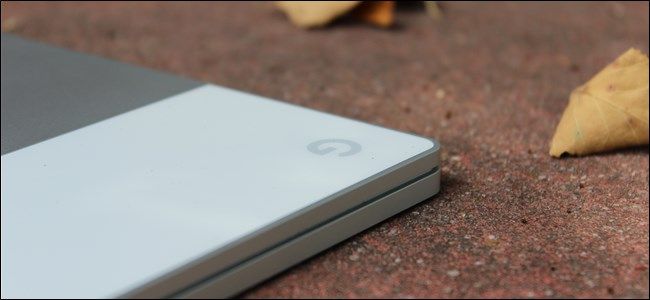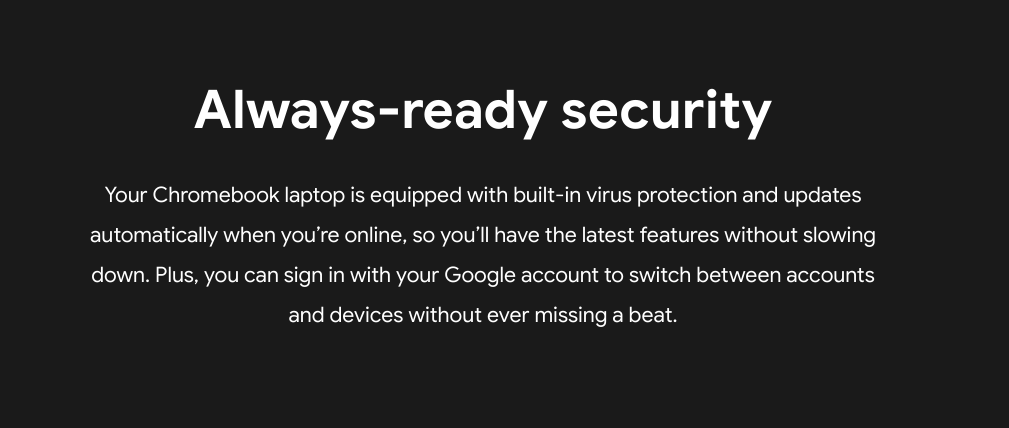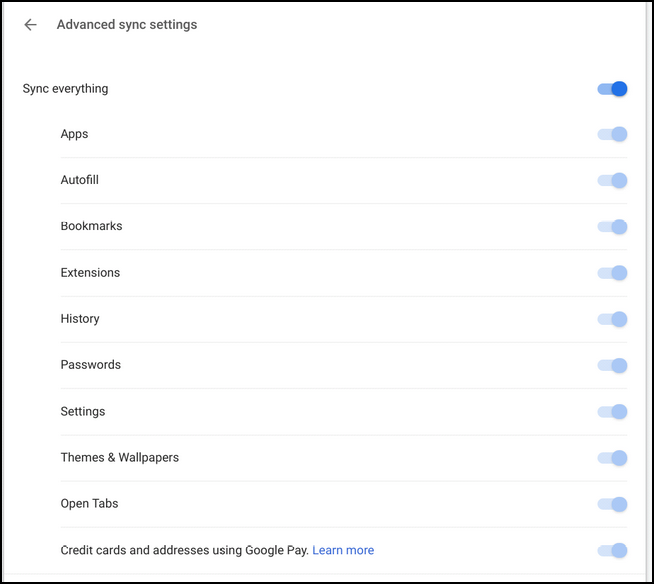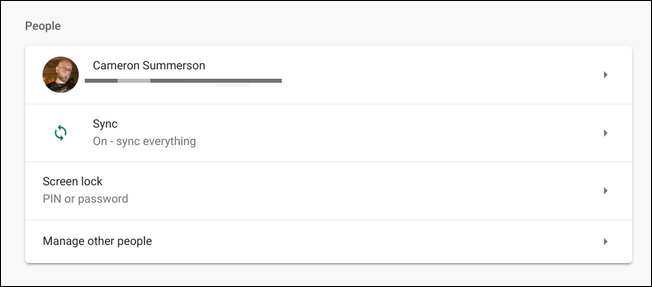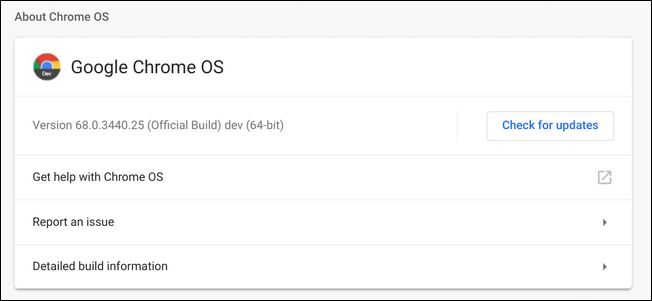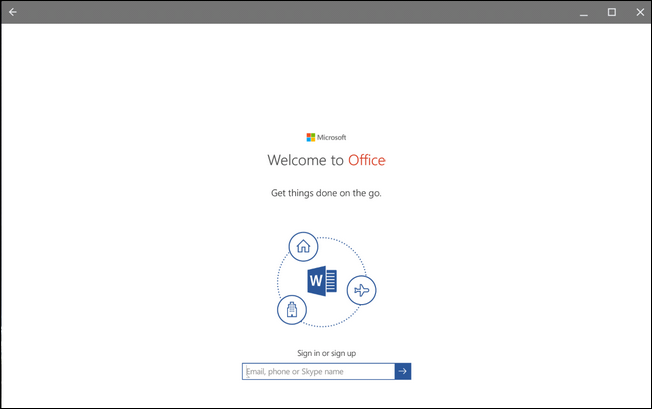Quick Links
Chromebooks have come a long way since the original Cr-48 back in 2010, and are now more powerful (and mainstream) than ever. If you're curious about Google's web-centric operating system, here are some things you may not know.
Chrome OS is Based on Linux
Linux is an open source operating system that anyone can download, modify, and use to build their own distribution. That's exactly what Google did with Chrome OS by using the Linux kernel and building around it. This technically makes Chrome OS a Google-branded Linux distribution, much like Android.
This is also how Chromebooks are able to natively run Linux applications.
Chromebooks Are Inherently Secure and Have No Viruses
Security is one of the biggest selling points of most Chromebooks. They are very secure and aren't susceptible to any known viruses. This is because each web page and Chrome app runs inside its own virtual "sandbox," meaning other aspects of the computer can't be compromised by a single infected page. And as soon as the problem page is closed, the threat is destroyed.
Your Data is Always Backed Up
Chrome OS is a cloud-focused operating system, and since it's a Google product, its primary storage is Google Drive. That means everything you store inside these Drive folders is automatically synced with the cloud.
Not only that, but all of your Chrome settings, extensions, passwords, and pretty much everything else is also synced with the cloud. All your stuff is backed up, all the time.
The one exception here is, of course, the Chromebook's local storage. If you store files locally instead of in Drive, those aren't backed up. Everything else is, though.
Chromebooks Run More Apps Than Any Device on the Planet
Right now, most Chromebooks can run Chrome web apps and Android apps out of the box. In a few months, many will also be able to run Linux apps.
But you can also run Windows apps with Crossover or Wine (though this can admittedly be a bit flaky, depending on the app). This makes Chrome OS the most versatile operating system around, with the ability to run four different types of apps---all in the same session.
Chrome OS is Not "Just a Browser"
The "Chromebooks are just a web browser" narrative is so old and tired at this point, it's almost comical. Chromebooks have been more than just a laptop version of the Chrome browser for years now, so this take isn't even remotely true. Like shown above, you can do so much on Chromebooks now.
Everything is Tied to Your Google Account
This kind of goes hand in hand with the earlier point about backups, but in case it wasn't clear: everything you do on your Chromebook is attached to your Google account. Files are stored on Drive, extensions are synced to your account, even the apps that you download from the Chrome App Store are saved to your Google account so they'll sync back to any future Chromebooks you may get.
The same goes for Android and Android apps---all tied to your Google account. It's literally the backbone of the entire Chrome OS experience.
There are Hidden System Tweaks for Advanced Users
One of the nicest things about Chrome OS is how simple it is. Basically anyone can grab a Chromebook, log in with their Google account, and be almost instantly familiar with what's happening. But if you're a tinkerer, you're not left with an overly-simple OS---there are all sorts of cool tweaks you can do to get more from your Chromebook.
For example, you can change your update channel---it uses the Stable channel by default, but there are also Beta and Developer builds to get a glimpse of new features while they're still in development. There's even a Canary build of Chrome OS for the absolute most bleeding edge.
Similarly, there are all sorts of flags---these are experimental features that are still in development---on every channel. You can use these to try new things with a simple toggle. It's very cool for anyone who likes to try new things.
Chromebooks Can Run Microsoft Office (and Other Windows Software)
Again, this goes hand-in-hand with an earlier point, but it's worth talking about again specifically for Microsoft Office. This is probably one of the most asked questions about Chrome OS in general, and the answer is very simple: Yes, it can run Microsoft Office. In fact, you can do it in several different ways.
First of all, if you don't need the most advanced Office functionality, you can use the Android apps or Office Online. If those don't fit the bill, and you need the full Office suite, you can use something like Crossover for Chromebooks to run the full Windows builds right on your Chromebook.

